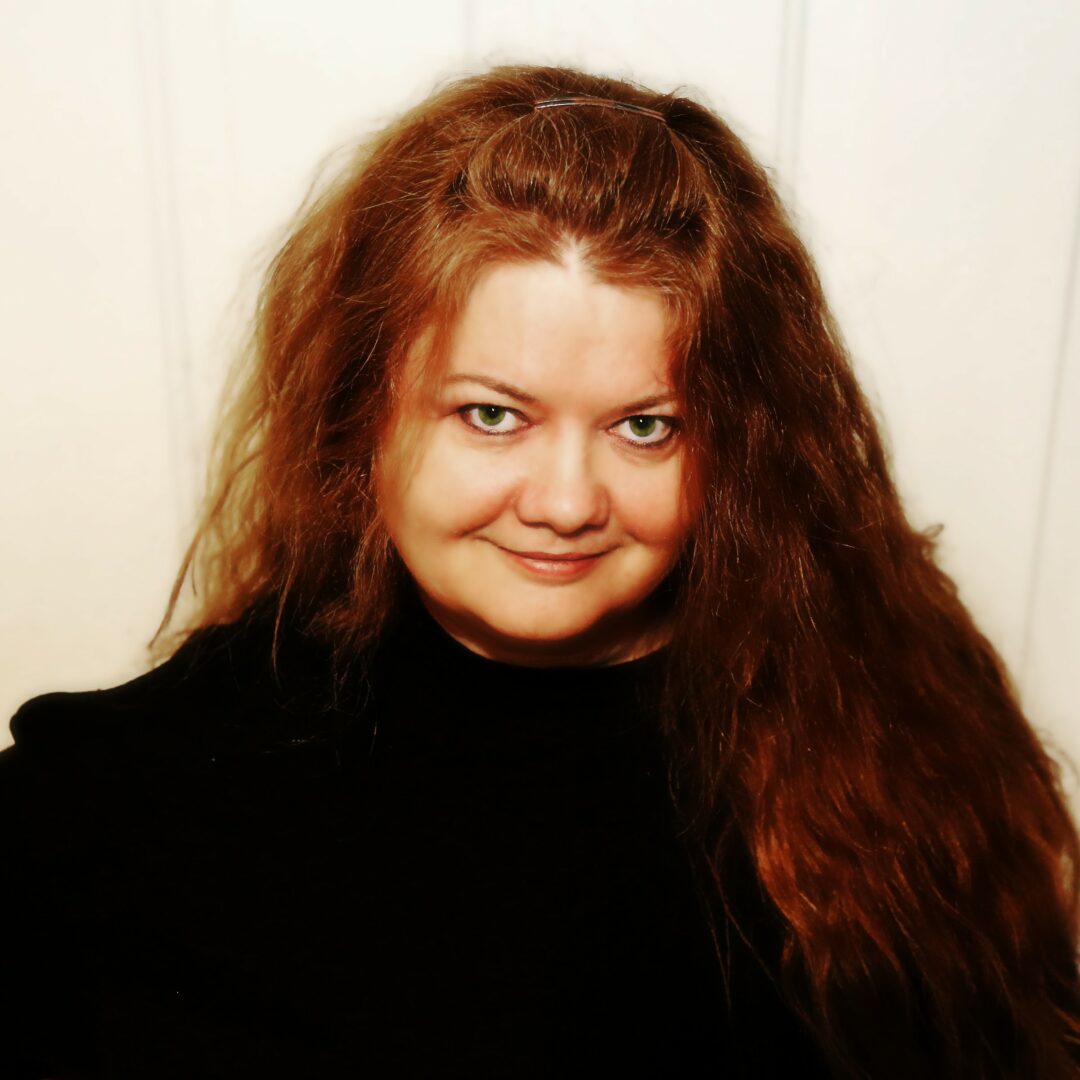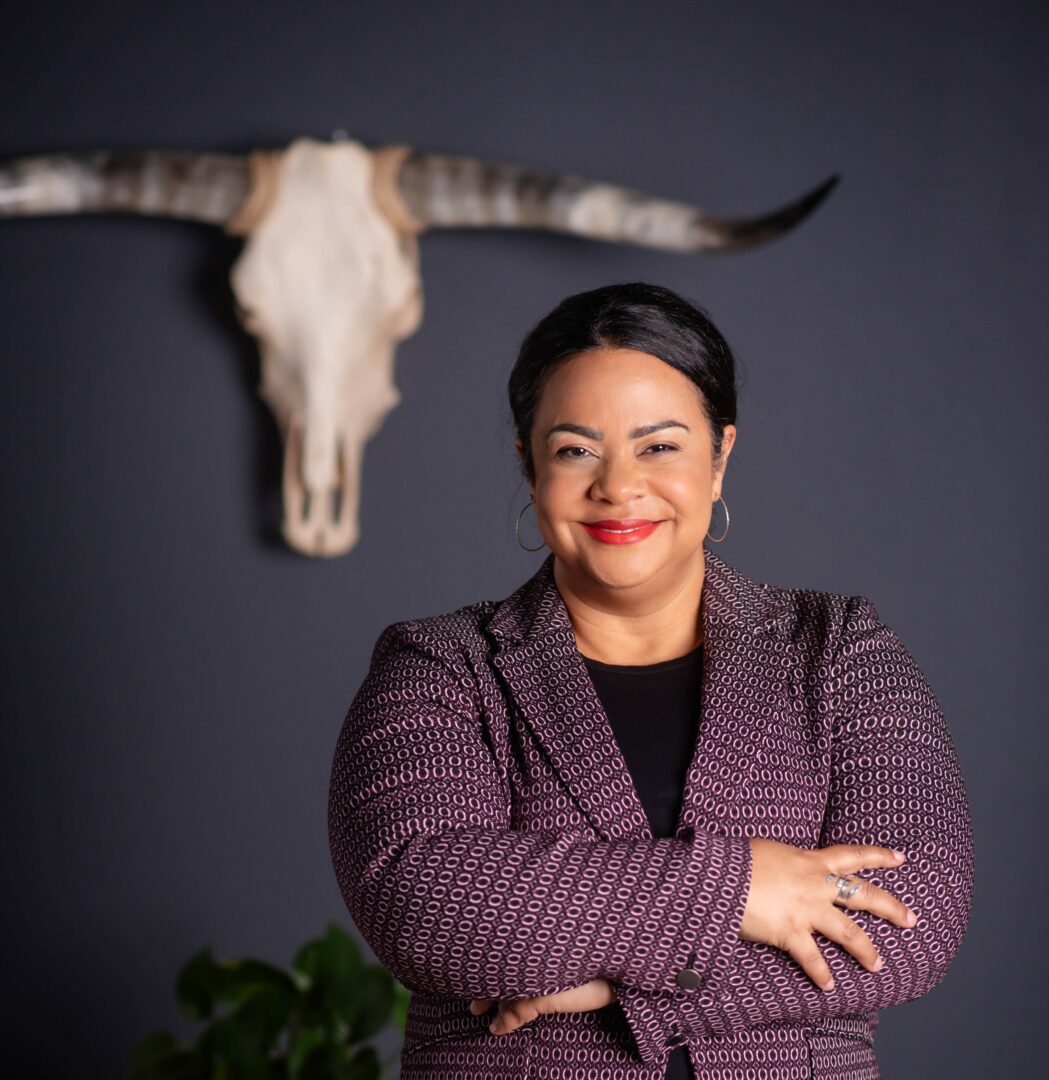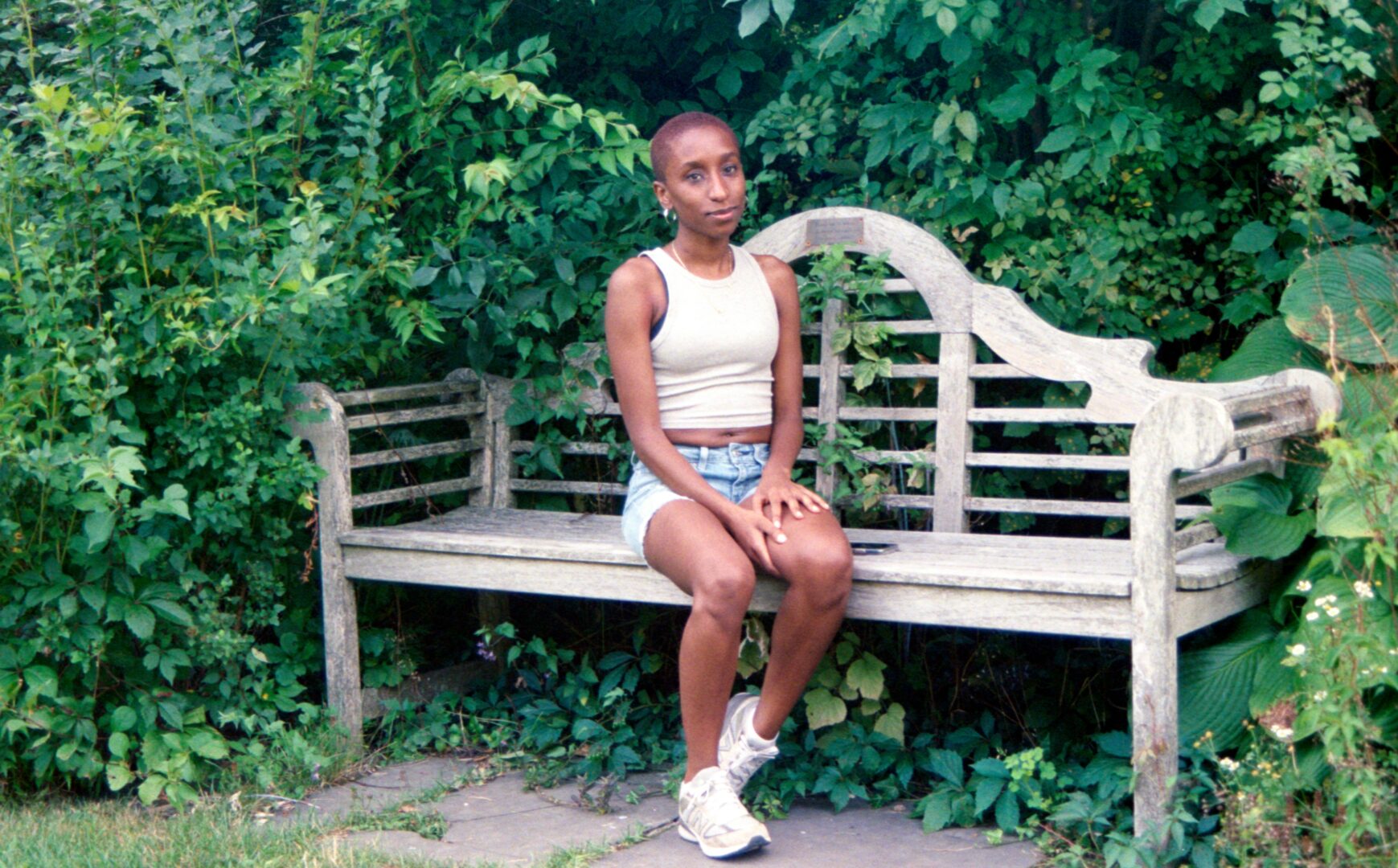We recently connected with Rachel Carrera and have shared our conversation below.
Rachel, so good to have you with us today. We’ve always been impressed with folks who have a very clear sense of purpose and so maybe we can jump right in and talk about how you found your purpose?
I was raised by grandparents who grew up during the Great Depression and who were stationed all over the globe during World War II. A few years before my birth, they lost their teenage daughter named Dawn to a hole in her heart. I always felt like I was a changeling, in a way, meant to replace the daughter they’d lost and help fill the void that her passing left.
As I grew up, I got to really understand what life was like during the half-century before I was born. I eagerly listened to all of Granddaddy’s tales of growing up in the town doctor’s house and attending medical school himself before quitting to enlist and fight in World War II. I was always enthralled by Grandma’s stories of her brothers who fought overseas and especially of the one who was captured after he fought in the Battle of the Bulge and spent the next several months in a German Stalag.
When I reached the fourth grade, our teacher assigned us to read Anne Frank’s The Diary of a Young Girl. Like many or most girls at the time, I was captivated by the story. But what really pulled me in was the photo of Anne on the cover. You see, she was the spitting image of my Aunt Dawn! I went home with my new book and compared it to the numerous photos of my deceased aunt still hanging on the walls, and I was convinced they were the same person.
I started composing my own short stories and poetry from the time I could hold a pencil; however, it wasn’t until my children were grown that I realized I had a full-length novel in me. I recall having a dream one night and waking up thinking, Wow, what was the name of that movie? The next night, I had the same dream again but with more detail. By the third night, I dreamed the entire again and was convinced it was a movie I’d seen. Only no one had ever heard of it when I described it to them. I knew then that I had to write it down.
Writing the first draft of that first manuscript wasn’t like writing at all. It was more like taking transcription, just copying my dream onto paper. Once I’d completed that draft, I started researching rules for book-writing and delved into the many options of traditional versus indie publishing, editing, cover-designing, etc. Meanwhile, I continued having dreams that I turned into first drafts of other novels. Yet, while they were all good stories, none of them felt right as far as letting the world see them. They were dark and intense, and that just wasn’t what I wanted to share.
Finally, I dreamed what would become my first published novel, The Changeling of the Third-Reich, a historical thriller about a concentration camp survivor-turned-neurosurgeon who has to operate on the son of a Nazi soldier who reminds her very much of his father. The story takes place in 1968 (with diary entry flashbacks to the 1940s), and besides struggling with her conscience regarding that patient, the protagonist, Dr. Bridget Castle, deals with the stresses of being a woman in a male-dominated profession, operating on Vietnam War and war-protest victims, and the global, raging H3N2 pandemic.
While this was originally intended to be a stand-alone novel, after publishing, so many people asked what was going to happen next in Bridget’s story that I realized it needed to be a series. I’m currently working on Book 5, and I don’t see an end in sight yet. Best yet, I found the opportunity to celebrate my grandparents by using some of their stories in my novels, and I get to memorialize my Aunt Dawn on the cover of each. I can say without a doubt that looking for ways to honor the memory of my grandparents has definitely given me purpose.
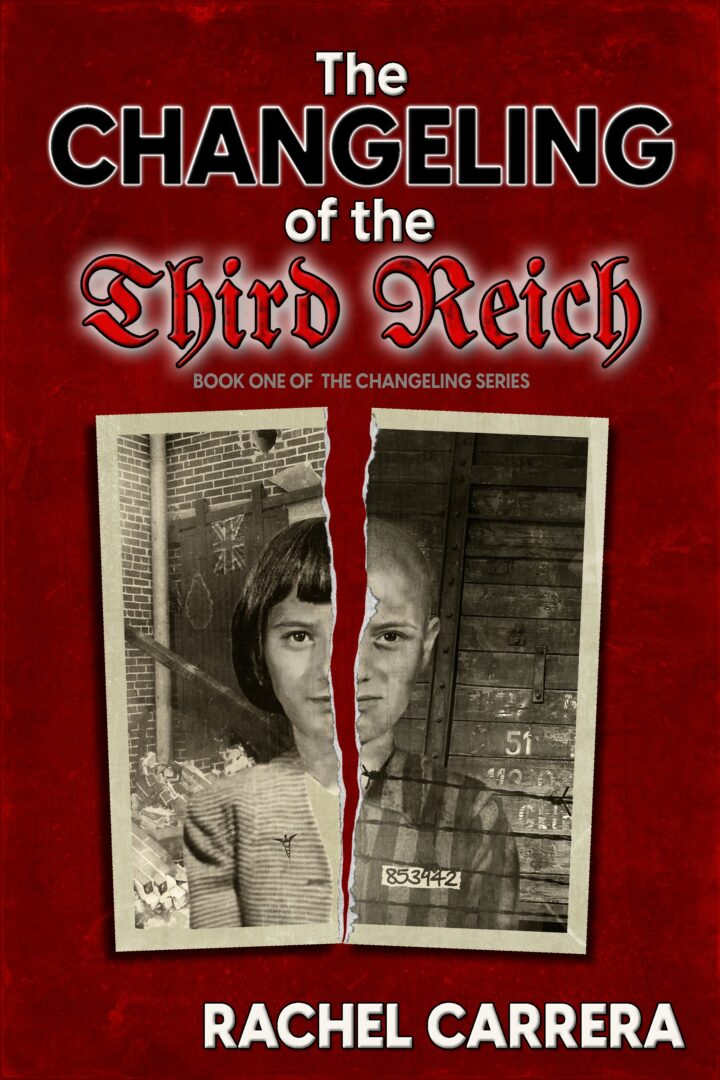
Appreciate the insights and wisdom. Before we dig deeper and ask you about the skills that matter and more, maybe you can tell our readers about yourself?
As I mentioned above, I’m currently working on the fifth book in my Changeling series. When you write about the Holocaust, it’s important to do a lot of in-depth historical research and to double and triple check to make sure that research is accurate. Luckily, I enjoy trips to museums, universities, and libraries where I get to consult with people who have researched these topics for a living and can help guide my journey.
When I’m not working on my own writing or marketing, you can usually find me helping another indie authors realize their dream. I do some editing as well as quite a bit of cover design and formatting manuscripts for publication for other wonderful authors such as Leslie Noyes (author of the fantastic Happy Valley series), Paula Walborsky, Jerome Novey, Rick Lockenbach, Mike Steeden, Danny Soz, Zoolon, Carmel Snyder, and C. S. Boyack to name but a few.
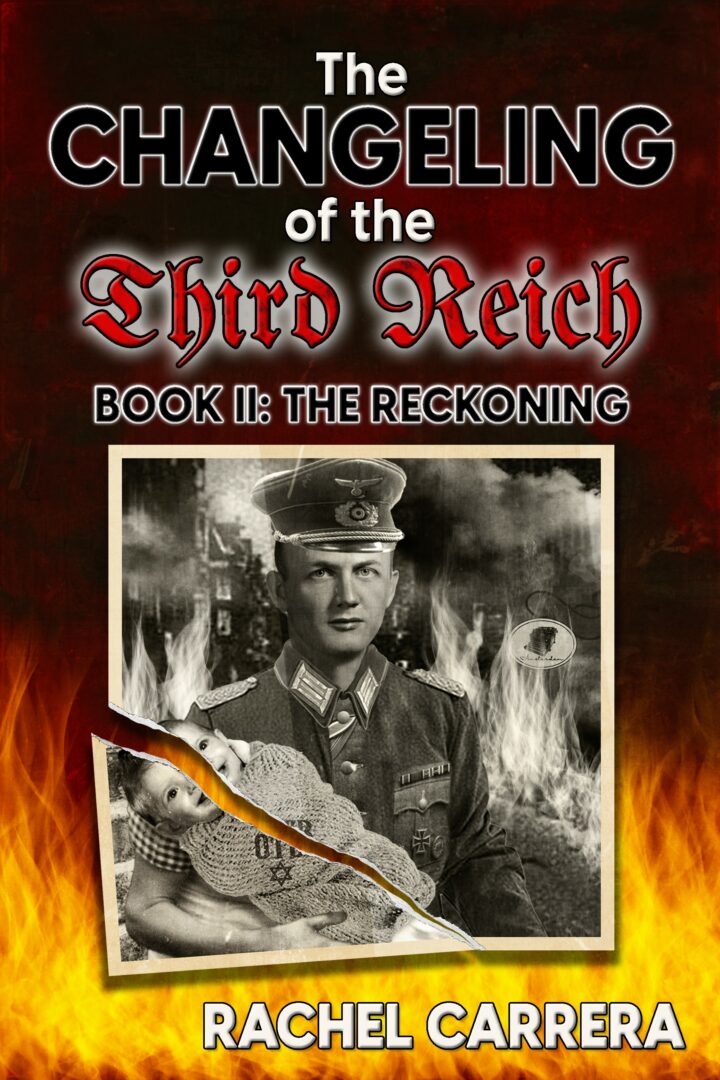
There is so much advice out there about all the different skills and qualities folks need to develop in order to succeed in today’s highly competitive environment and often it can feel overwhelming. So, if we had to break it down to just the three that matter most, which three skills or qualities would you focus on?
First of all, I think it’s important to understand that being an indie author does not mean you have the freedom to break all the rules. In fact, I think it’s even more important to comply with industry standards and not take shortcuts. Think about it: a stranger who is an avid reader takes a chance on an author no one’s heard of, and they love that novel. They’ll be a faithful fan and keep coming back for more. But if that novel is filled with typos, lengthy exposition that doesn’t move the story along, or dialog that’s difficult to follow, not only will they regret purchasing that book, but they’ll be more tentative to try another indie author in the future.
Next, even though you want to indie publish, invest in an editor. And along that vein, recognize that an editor is not the same thing as a proofreader. Before securing an editor, have your inner circle of people read your work, but don’t just ask for general feedback. Ask them to scrutinize it with a critical eye. If they have to ask you to explain something, recognize that most readers never get to ask the author a question while they are reading, and you need to fix the problem. Create a story-specific questionnaire and ask your people to complete it as they go along. Have them identify places where the story drags or where they aren’t quite sure what’s happening. While you should not take every criticism to heart, you have to be open enough to withstand criticism and be willing to make changes. After you send it to the editor, remember, their job is to erase words (and sometimes sentences, paragraphs, and even chapters), not to be a yes-man.
Finally, believe in yourself enough to invest in advertising. Whether it’s a boosted post on Facebook or an ad in your local newspaper, realize that for your book baby not to be lost in the masses, you need to make it stand out. You and your novel are worth it!
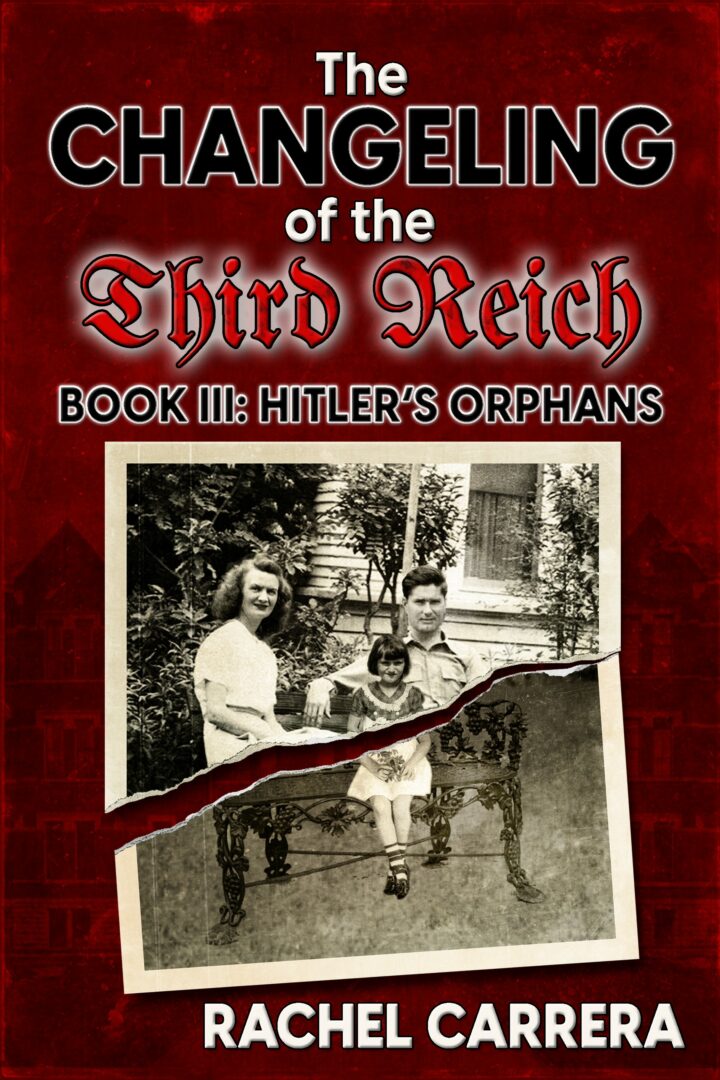
Any advice for folks feeling overwhelmed?
Being my own worst critic, I probably feel overwhelmed more often than not. I find the best way to attack the anxiety that comes with being overwhelmed is to make lists. List everything you have left to do, but not just a general list such as: “write book, publish, advertise.” Instead, break it down into sub-parts such as: “research surnames for characters, finish writing story, think of acknowledgements page, consider ideas for cover, work on book summary, secure beta readers, develop beta reader questionnaire, contact editor, create suspenseful book release graphics to announce the pending release, schedule publishing on KPD, think of advertising ideas.” Writing down each part allows me to cross off each part as I go along, thereby giving me a sense of accomplishment. Also, this lets me know which parts of my to-do list I can think about while doing other things such as driving or waiting at the doctor’s office.
Contact Info:
- Website: https://rachelcarrera.com/
- Instagram: https://www.instagram.com/novelistrachel/
- Facebook: https://www.facebook.com/rachel.carrera.novelist
- Twitter: https://x.com/NovelistRachel
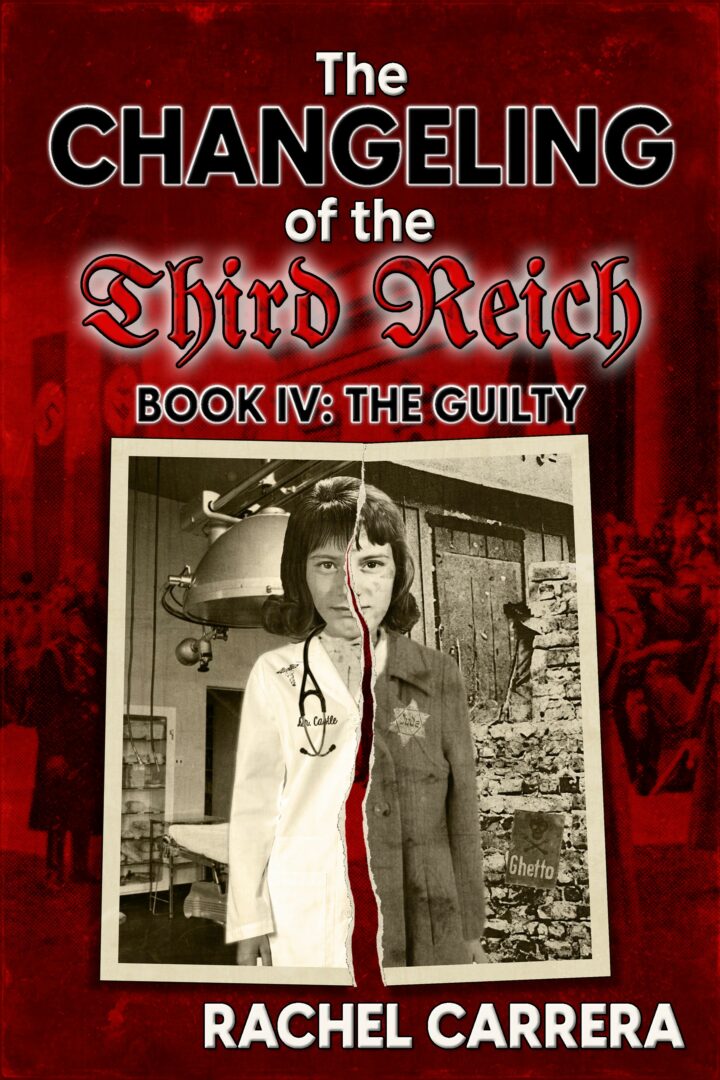
Image Credits
Rachel Carrera
so if you or someone you know deserves recognition please let us know here.

